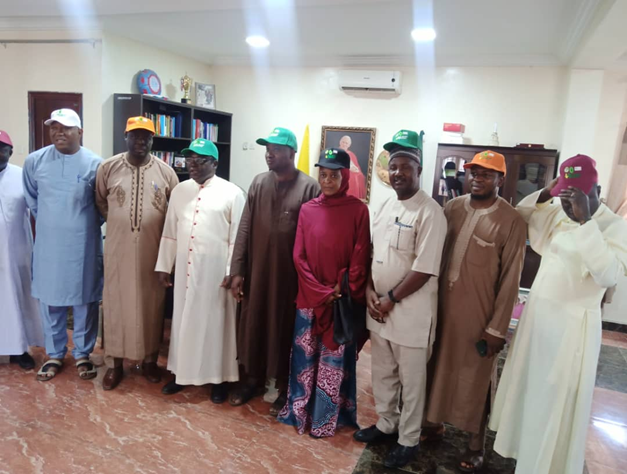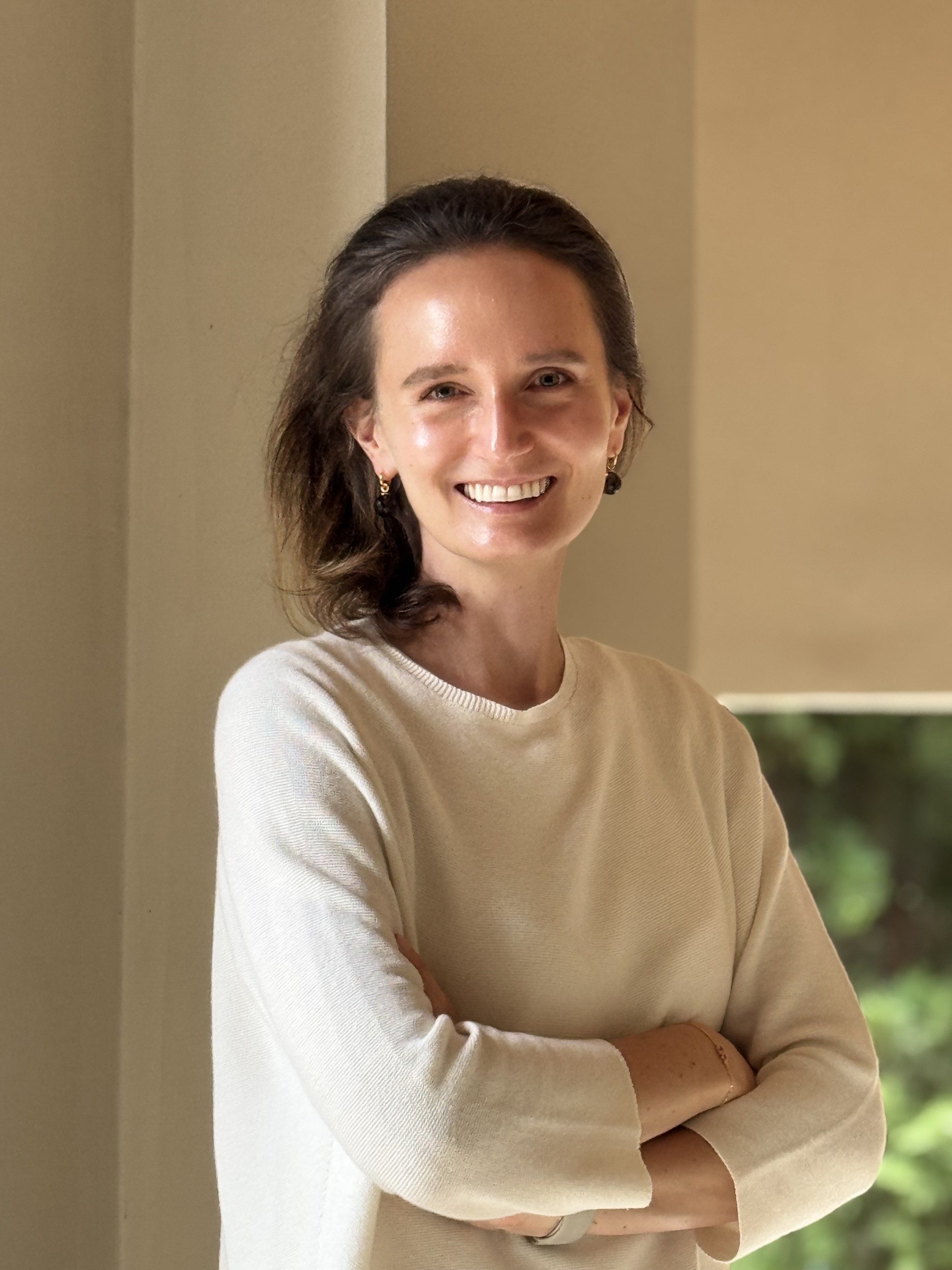
[Sokoto: March 9, 2023] The Catholic Bishop of Sokoto, the Rt Rev. Mathew Kukah, has supported the commercialization of TELA transgenic maize variety to enhance food security in Nigeria.
Speaking when delegates from the Institute for Agricultural Research (IAR) at Ahmadu Bello University, Zaria, paid him a courtesy call, Bishop Kukah asked Africa to adopt technology and innovation to make the continent food secure.
The delegates, led by Prof Bitrus Tarfa, Assistant Director, Research, briefed him on the progress made in the development of TELA Maize, which the institute is set to release to farmers. TELA Maize is drought tolerant, resistant to stem borers and fall army worm (FAW).
“We are a nation where hunger is prevalent and our choices of what to eat or not to eat are limited. It is good to have food available for the people. Let them decide if they want to eat it or not because it is GMOs,” Bishop Kukah said.
He commended IAR for producing high-yielding drought, pest and disease-resistant crop varieties.
“Science can be a source of good or bad, so be as transparent in your research as much as possible so that people can have information to make informed choices. So long as the varieties you are developing and releasing are approved by the government and people’s right to make choices is respected, we are happy to spread the good news,” he added.
Prof Tarfa said TELA Maize will ensure farmers get bumper harvests and spend less money on procuring and using insecticides/pesticides which are harmful to their health and the environment.
The TELA Maize Project was started in 2019 in Nigeria with an aim of releasing maize varieties that are resistant to two destructive insect pests – fall army worm and stemborers as well as drought in maize.
“So far we have developed three drought tolerant varieties: (Drought TEGO) SAMMAZ 62, SAMMAZ 63, and SAMMAZ 68 that are well adapted to Nigeria’s growing conditions and were released to farmers in 2020 and 2022 respectively. These maize varieties have ability to thrive well with little amount of rain or water,“ he said.
He added that the insect resistant variety was economical and had saved farmers the cost of buying insecticide every year— estimated at 9 billion naira.
“On the average, Nigeria spends over 5 billion naira annually on maize importation, thus depleting our already depleted foreign reserves. With TELA Maize, farmers in the drier regions are assured of increased yield of 8-9 tonnes per hectare,” he added.
Prof Rabiu Adamu, TELA Maize project lead scientist, requested the bishop to help champion adoption of TELA Maize in Nigeria and on the continent.
He noted that farmers will enjoy higher returns and premium prices stemming from improved yields and better grain quality. “Economic losses incurred by farmers in Nigeria from Fall Armyworm to the tune of over $268 million experienced in previous years would be reversed. The addition of insect protection will also reduce pesticide use which will bring benefits to both the environment and human health.”
TELA Maize Project is a global partnership coordinated and managed by AATF in selected African countries, including Nigeria, South Africa, and Ethiopia to provide better drought tolerance, protection against stem borers, and significant protection against fall armyworm (FAW).
About AATF (www.aatf-africa.org)
Founded in 2003 to address Africa’s food security prospects through agricultural technology, AATF believes that the agricultural sector is a key foundational pillar as Africa consolidates its economic growth and carves out its new position as a major global economic powerhouse and the next growth market in the world. It was formed in response to the need for an effective mechanism that would facilitate and support negotiation for technology access and delivery and formation of appropriate partnerships to manage the development and deployment of innovative technologies for use by smallholder farmers in SSA:
For further information, photos and video contact:
Alex Abutu
Communication Officer (West and Central Africa) AATF.
+2348068701960



















































































